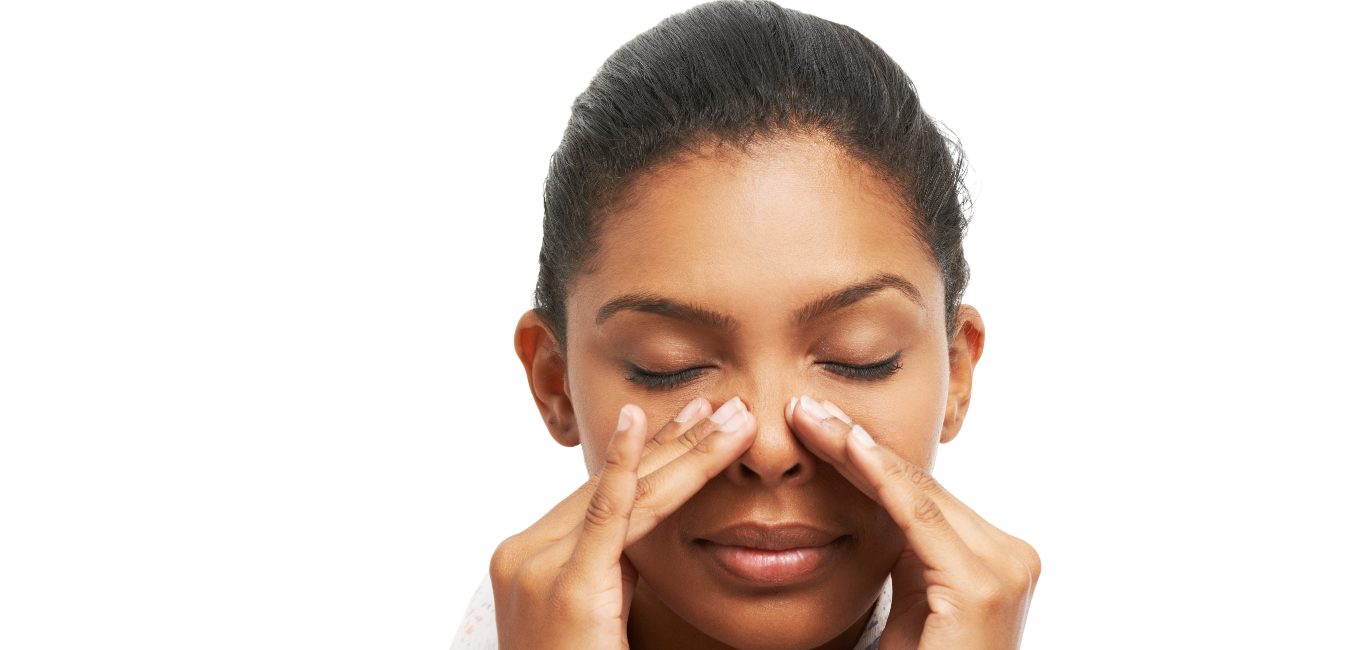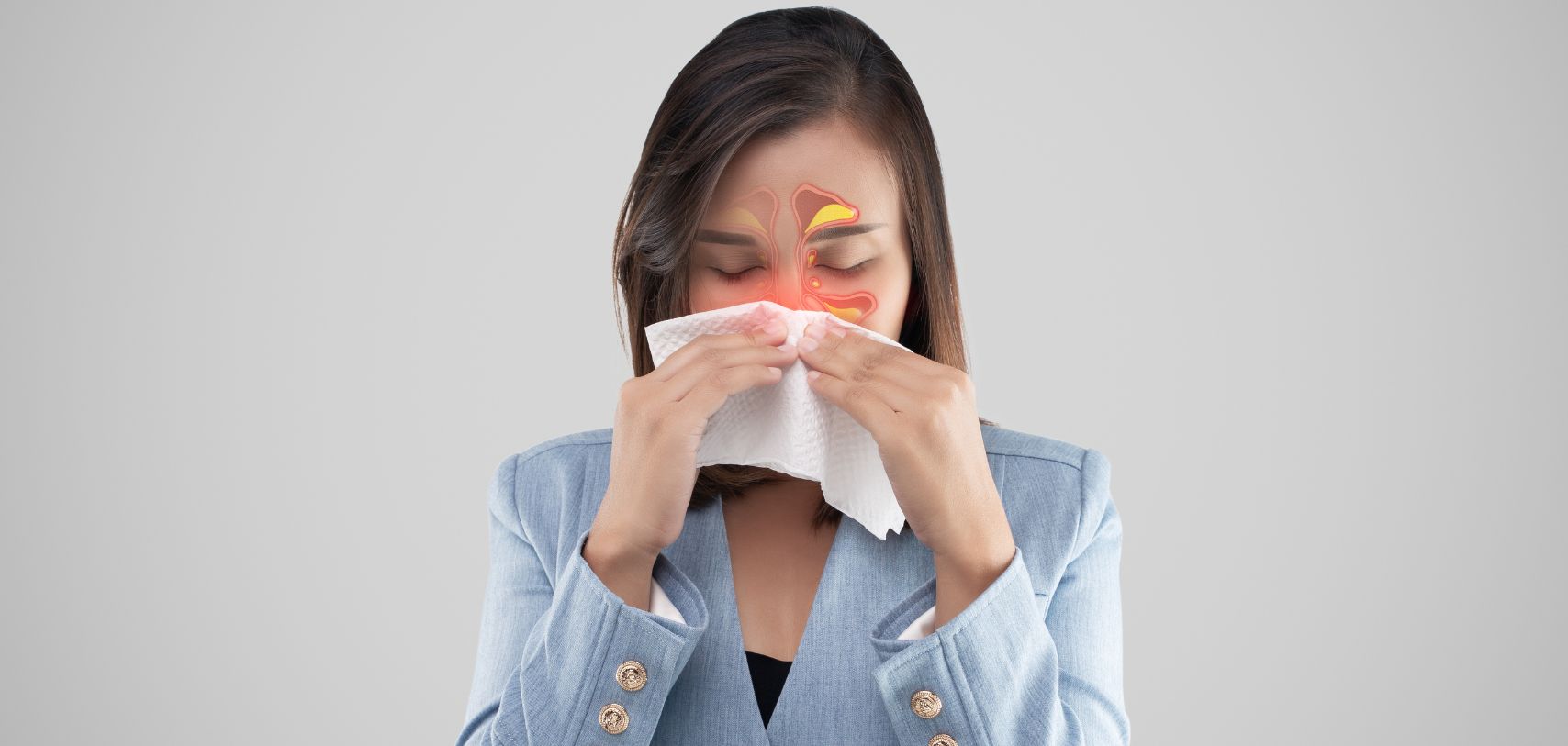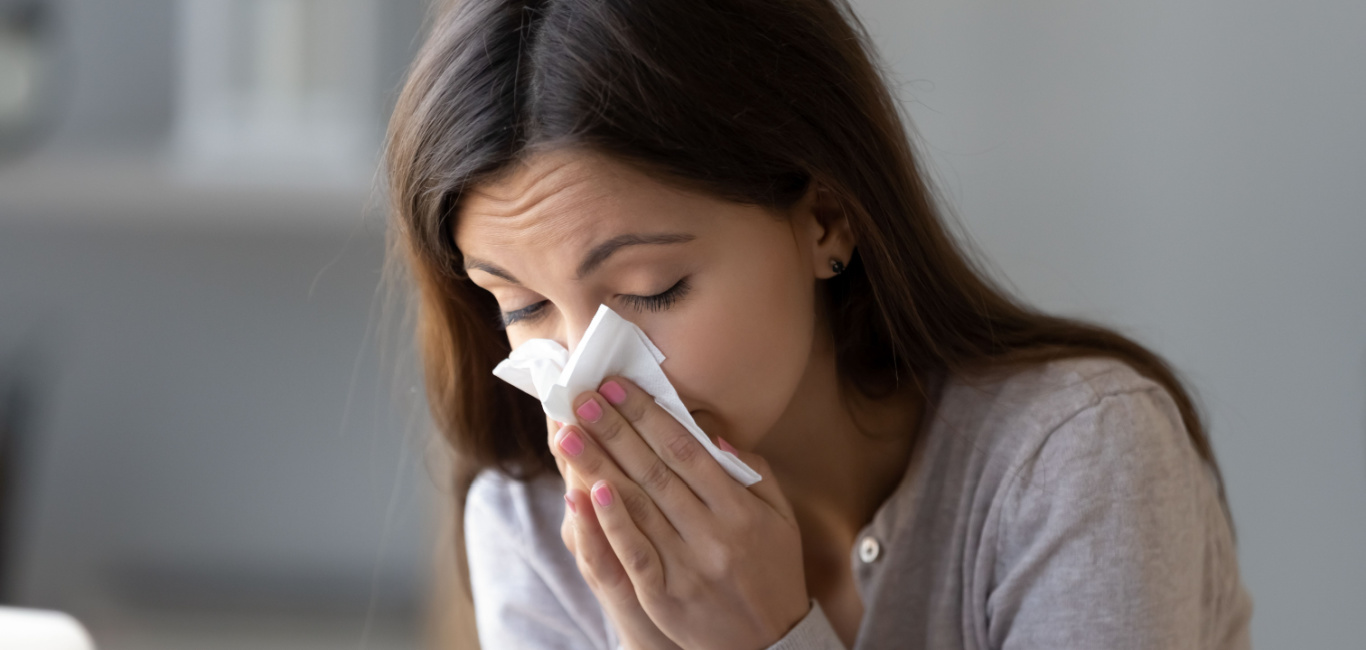
Our facial bones contain four pairs of sinuses located near the eyes, at the forehead, and behind the cheekbones. Sinuses are air-filled pockets, connected to the nasal passages. The pockets protect the passages from dust particles and microorganisms.
Any bacterial or viral infections that result in the inflammation of sinuses are called sinusitis. The infected sinuses swell up, build up the mucous and exert pressure on the adjacent structures. Since the sinus behind the cheekbones lies closer to the upper molars (back teeth), it can cause toothache, explains Dr Meghali Diwaker, consultant oral and maxillofacial surgeon, Goa.
Sinusitis and toothache link
Siva Ranjini V from Coimbatore, Tamil Nadu, had such an experience. The 40-year-old home maker dealt with mild pain around the face and discomfort in her molars. When she consulted a doctor, he examined her condition thoroughly and informed her that the pain was because of sinusitis. “I did not know that sinusitis can also lead to tooth pain,” recalls Ranjini. “My sinusitis flares up after using the household cleaners and my head feels heavy whenever I bend down.” As a result of her allergic reaction, she frequently encounters colds, runny nose, and headaches. In such instances, Ranjini finds relief when she uses eucalyptus oil and steam inhalation.
Influencing factors
Dr Diwaker says that seasonal allergies, smoking, exposure to smoke or pollution, structural defects in the nose and weak immune system can also contribute to sinusitis. It can trigger a cough and cause ear congestion, along with fever.
The effective way to distinguish the toothache due to sinusitis and cavities is pain. An individual with sinusitis experiences dull pressure in the upper teeth that worsens on bending. However, the toothache caused by cavities causes sharp pain and is sensitive to hot or cold foods, says Diwaker.
Management of sinusitis
According to the National Institute of Health, humidifier, nasal wash, and decongestants relieve stuffy nose and congestion. When it comes to bacterial sinusitis, antibiotics are prescribed.
Various therapies for sinusitis
Since a weak immune system also contributes to developing sinusitis, it is important to focus on the whole body to support the healing process. Dr Harsha Jain, naturopathy and yoga practitioner from Jaipur, says that therapies like hydrotherapy, heliotherapy, acupuncture, yogic therapy, and pranayama focus on clearing the sinus area. These therapies help the body efficiently manage the condition.
Hydrotherapy encompasses steam inhalation with eucalyptus or neelgiri oil, hot foot bath, and arm and friction bath, says Dr Jain. She also recommends heliotherapy, which involves use of natural sunlight management of various conditions. “Sitting in the sun for about half an hour is very beneficial,” says Dr Jain.
In acupuncture therapy, naturopaths detect the energy blockages in the body and try to remove them by inserting sterile needles in certain points of the body, called acupoints.
Dr Jain says that apart from these therapies, there are techniques in yoga known as shat kriyas which help in cleansing the internal parts of the body and help bring back the healthy state of the body.
Nasal cleansing
Jal neti or nasal cleansing is another therapy which involves nasal irrigation using neti pots. This involves guiding saline water through one nostril which drives the mucous out through the other nostril. It is important to practise the correct technique of jal neti under the guidance of a naturopathic physician.
A 2020 research published in the journal Laryngoscope Investigative Otolaryngology, indicates that nasal irrigation can be an effective management for sinusitis, by way of clearing nasal secretion and reducing the postnasal drip.
Pranayama and diet for sinusitis
Dr Jain says that practising pranayama techniques such as bhastrika, bhramari, surya bheda along with basic breathing exercises can also be beneficial.
According to naturopathy, fasting can also be beneficial for managing sinusitis. Naturopathic experts give great importance to diet for the management of any condition.
Dr Jain says that it is advisable to avoid eating kapha (water and earth elements) predominant foods such as milk and its related products, refined flour, refined sugar and bakery items. This is in accordance with ayurvedic principles, which state that sinusitis occurs due to imbalance in kapha element of the body.
Read more about kapha body type.

















